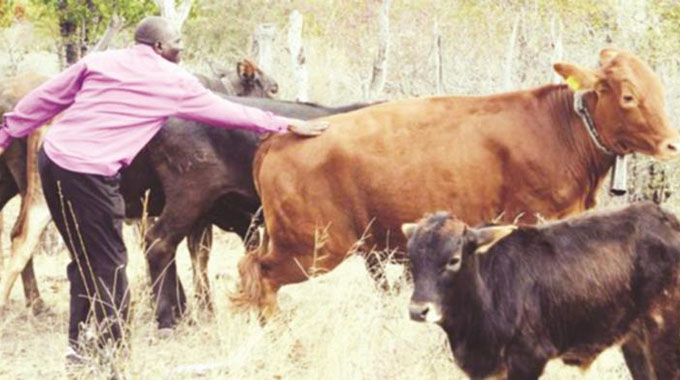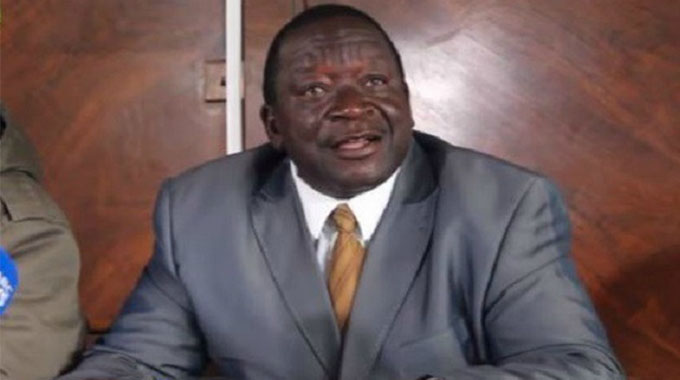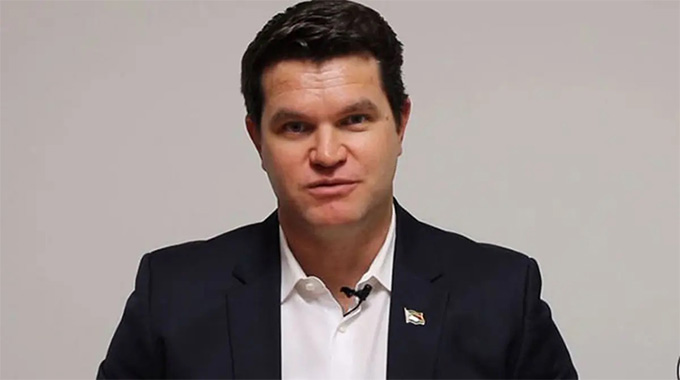Young entrepreneur produces organic livestock fodder

A GWERU man, Sebastian Sibanda, has produced organic fodder for livestock, which is an affordable alternative for livestock farmers.
The fodder won second prize at the Youth Connect Start-up Business Tour national finals held in Harare recently. For his efforts, Sibanda has been sponsored to attend the Youth Connect Africa Summit in Kigali, Rwanda, in October this year by the United Nations Development Programme and the Zimbabwe Government.
Through his start up called ‘Greenworks’, Sibanda produces organic fodder for livestock, which he said was fresh, nutritious, natural and affordable. He said the livestock fodder grew in seven days and was being sold for $2 per kg.
“We are growing this fodder at home in the garage, in what we call vertical farming,” said Sibanda.
He said no soil was needed for the fodder as it used water only. Sibanda said the fodder grew in racks, which have sprayers and lights to provide optimum growth. The fodder, which won a US$5 000 prize at the Youth Connect Midlands Bus Tour, started off as a domestic solution for Sibanda’s family cattle.
“I was looking for a solution for my parents’ cattle at the farm, where there wasn’t sufficient grazing,’ he said. “There was no feed for cattle and when I was doing my research I came up with this invention, which was used in Australia in 1932. I adapted it to Zimbabwean conditions,” he said.
Sibanda said the racks had temperature, humidity and moisture controllers since the fodder required temperatures between 50 and 60 degrees Celsius.
He said at the moment he was producing an average of 1 280 tonnes per month and sometimes slightly less depending on demand. The invention, he said, was an attempt to fill the gap for commercial feed and the target was mainly farming regions four and five, which received low rainfall.
“We are in the process of looking for capital so that we are able to move out into other areas, but our first port of call will be Matabeleland where there is easy market, then Masvingo until we are done with region four and five,” he said.
He said one advantage of the fodder was that it fed other domestic animals such as goats, horses, fish, chickens and rabbits, among others. He said he expected to find sponsors and investors in Rwanda during his visit to that country. — New Ziana











Comments